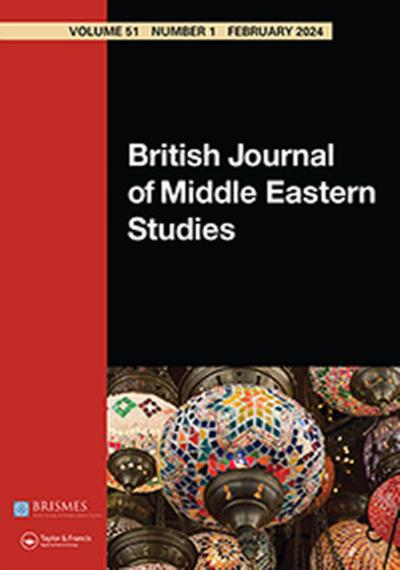Negotiating justice sector reform in Afghanistan
After almost 25 years of war, the formal justice sector in Afghanistan is dysfunctional, and comprehensive reform of both laws and institutions have been high on the Western-supported agenda for reconstruction. This article examines the post- 2001 justice sector reforms in Afghanistan, which appear as a case of problematic legal transplants in a context of legal pluralism and intense political contestation. While Afghanistan's legal traditions are characterized by diversity and constant negotiations between Islamic principles, customary law and Western legal traditions, recent reforms lead by Western donors and Afghan legal modernists have accentuated the conflictual aspects of justice sector reform. The extreme dependence of the Afghan state on Western powers has reduced the element of choice in the reforms and limited the possibility for developing a syncretic (uniting what is different or opposing) and inclusive system. Building on fieldwork from rural Afghanistan, the second part of the article examines the views of village mullahs in a rural Pashtun heartland of the central region, a presumptive conservative religious constituency that wields moral authority and helps dispense justice at the local level. The fieldwork finding supports the limitations on the legitimacy and efficacy of simple legal transplants. To be legitimate and effective, legal reform needs to seriously engage with the foundations of justice in Afghan, i.e. Islamic law, as well as Afghan traditions, or what the mullahs describe as islamiyat and afghaniyat.
https://doi.org/10.1007/s10611-008-9154-0


